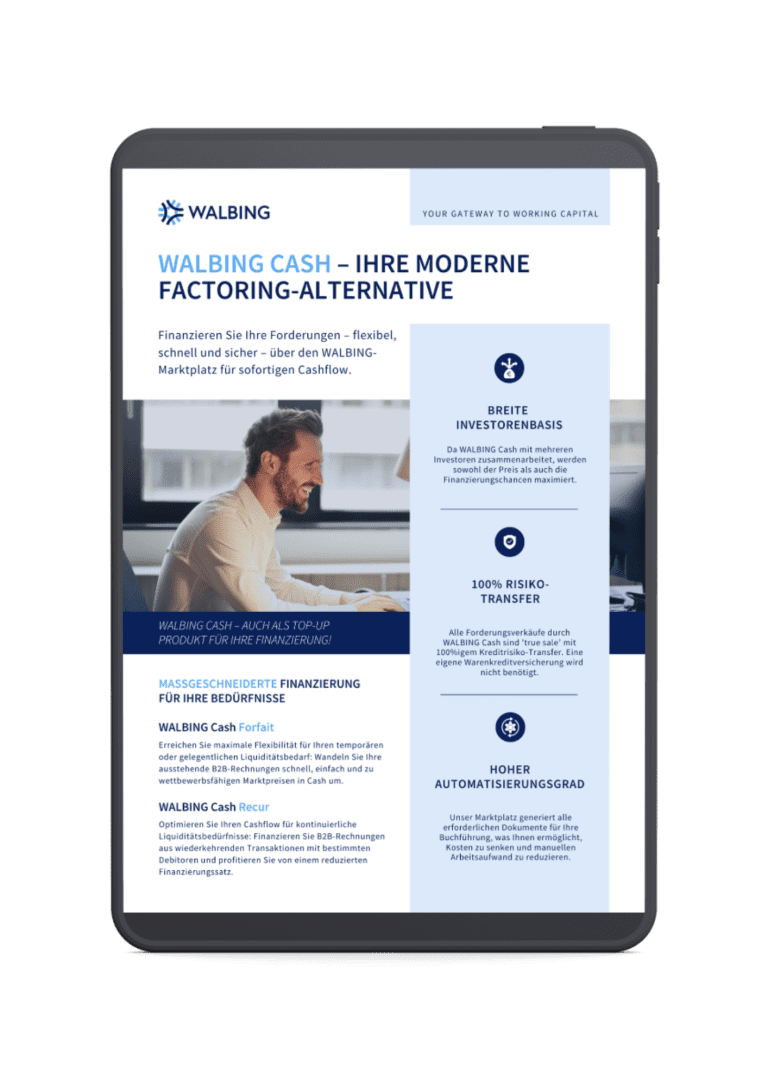Did you know that EU companies issue a staggering 18 billion invoices annually? That’s equivalent to 500 invoices per second! (1) Now, consider that a significant portion of these invoices are not paid on time and the negative effects are felt throughout the Member States’ economies with SMEs taking the biggest blow. Let’s explore why the EU believes a new regulatory framework for payments is due and what to expect from the new Regulation after it passed its first reading on April 23, 2024.
The EU Payment Landscape: Offenders, Victims, and the Enforcement Gap
According to the latest data from the EU Payment Observatory, in 2022, 43% of European businesses grappled with delayed payments from both public and private sectors. If that’s not alarming enough, consider the figures for specific nations: Poland (65%), Cyprus (62%), and the Czech Republic and Malta (61%). Moreover, 32% of surveyed firms admitted that late payments prompted them to delay payments to their suppliers, stretching the EU’s average payment window from 49 to 55 days in 2022. Another troubling trend is the role of large companies and governments as primary culprits in late payments. Some governments take about 30% longer to settle their dues compared to the private sector (as seen in Ireland, Lithuania, and the Netherlands), while large companies lag in timely payments in 16 out of 20 Member States surveyed (2).
Late payments between businesses have widespread repercussions on economies, especially hitting SMEs hard, with one in four bankruptcies attributed to their adverse effects (3). Hence, it’s no surprise that the EU is reevaluating its 2011 Late Payment Directive to tie the provisions and bolster monitoring and enforcement mechanisms in both private and public sectors. In late 2023, the EU Commission put forward a Proposal for a Regulation to Combat Late Payments in Commercial Transactions. Opting for a Regulation over a Directive aims to harmonize payment regulations, ensuring their direct application and enforcement across the EU while still granting Member States leeway to implement stricter measures (4).
The end of the longer payment terms era in the EU? Exemptions apply!
The EU Parliament has passed the EU Commission’s Regulation proposal with amendments on April 23. Further amendments are anticipated, but the next revision will not occur until after the forthcoming European elections on June 6-9. So, here’s a rundown of the key provisions of the Draft Regulation as approved in the first reading.
Maximum payment period and exemptions
Article 3 of the Draft Regulation sets straightforward payment terms in commercial transactions: 30 days from when the invoice is received or – if the invoice receipt date cannot be established – when goods/services are delivered. However, where private companies can agree to extend this to 60 days in their contracts, public authorities will be held to the 30-day standard.
For certain goods categorized as “slow-moving” or “seasonal,” private sector transactions might stretch up even further to 120 days. Such goods are defined in the Draft Regulation and additional technical guidance will be provided for these categories by the Commission.
There are also rules about verifying goods/services, which shouldn’t delay payment excessively. If verification procedures are necessary, they must be outlined in contracts, including their timeframe. The maximum verification period is set at 30 days from the goods/services delivery. Companies performing verification must pay suppliers within 30 days of completing the process or receiving the invoice, whichever comes later.
Interest rates and recovery cost compensations
The Draft Regulation lays out clear rules for late payment interest rates. Specifically, public authorities and large companies can’t escape paying interest or compensation for recovery costs as suppliers are expressly prohibited from waiving them.
The interest rate is fixed at the reference rate plus 8 percent, accruing from the day after the payment period (as defined by contract or law) ends. Late payers also have to cover a flat fee for recovery costs, ranging from EUR 50 to 150, depending on the transaction value.
Monitoring and Enforcement
The Draft Regulation delves into payment monitoring and enforcement across various Articles. Article 13 mandates that all Member States appoint one or more authorities with sufficient resources for this role. To ensure fairness in assessing payment practices across Europe, these authorities must remain independent from entities involved in public procurement. Collaboration among these authorities, as well as with the Commission, is crucial to ensure timely payments. In addition to monitoring and reporting, these bodies will investigate complaints and enforce breaches of payment terms.
Member States must also establish penalty rules for payment violations within a year of the Regulation coming into force. Investigations into complaints submitted to enforcement authorities should be wrapped up within 90 days. Furthermore, the Commission will develop a standard complaint form to streamline procedures across Member States.
Moreover, the Commission will establish a European Observatory of Late Payments. This body will monitor payment practices, gather data from Member States, issue annual reports, develop best practices, and support enforcement authorities in their tasks.
Recognizing the role of FinTech
Despite crafting a seemingly stringent regulatory framework for payments in the Draft Regulation, both the Commission and the EU lawmakers recognize the significance of the economy’s self-regulation. Alongside endorsing alternative dispute resolution mechanisms in Article 16, they explicitly acknowledge invoice and credit management tools, including (digital) invoice financing, for their role in fostering timely payments. Article 17(2) urges Member States to guarantee the availability and accessibility of factoring and similar financing services, especially for small and medium enterprises.
While time will reveal how the listed provisions of the Draft Regulation evolve in the adopted version, innovative financial solutions like those provided by WALBING in receivable financing can already offer vital support, empowering enterprises to manage cash flow effectively today. As businesses anticipate regulatory changes, leveraging such services can provide them with the flexibility and stability needed to navigate uncertain waters with confidence.
References:
(1) European Commission 2023. Proposal for a REGULATION OF THE EUROPEAN PARLIAMENT AND OF THE COUNCIL on combating late payment in commercial transactions. 2023/0323, p. 1
(2) European Commission, European Innovation Council and SMEs Executive Agency, EU Payment Observatory – Annual report 2023, Publications Office of the European Union, 2024. PP. 6-7.
(3) EU Payment Observatory
(4)European Commission 2023. Proposal for a REGULATION OF THE EUROPEAN PARLIAMENT AND OF THE COUNCIL on combating late payment in commercial transactions. 2023/0323 , p. 3.
Picture credit: Mathieu Stern from Unsplash.









